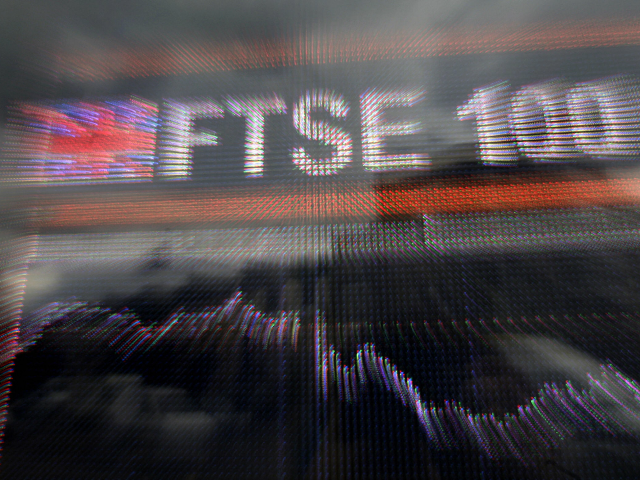(Reuters) – FTSE 100 index rose above the 7,000-point level for the first time since May 2015 on Tuesday while mid-caps hit an all-time high after sterling fell following Prime Minister Theresa May’s announcement of a March 2017 deadline to begin the Brexit process.
The FTSE 100 index was up 1.3 percent at 7,069.92 points by 0836 GMT, outperforming the broader European market and extending this week’s gains to 2.5 percent.
Sterling slid to a 31-year low on worries that a “hard Brexit” would hit the UK economy, with Britain potentially giving up its preferential access to the single market.
A weaker sterling benefits the FTSE 100’s international firms which report their earnings in dollars. A fall in the currency also makes British exports cheaper for holders of foreign currency.
The FTSE 100 quickly recovered its losses after Britain voted to leave the European Union on June 23, and is up more than 11 percent since its pre-Brexit level.
“It’s investors reacting to the notion that a significantly weaker sterling, which we saw again overnight, should be a marginal to moderate tailwind for the larger companies, which essentially have little to no exposure to sterling and the translation effect is a boon,” Ken Odeluga, market analyst at City Index, said.
Supportive broker notes helped shares in Pearson, which jumped 5.6 percent after Morgan Stanley said that the education publisher was unlikely to issue a profit warning.
Intertek Group’s shares rose to a two-month high, up 4.5 percent, after Jefferies upgraded the stock to “Buy” from “Underperform”.
The more domestically-exposed FTSE 250 index hit a record high, up 1.5 percent and bringing its post-Brexit gains to around 6.5 percent.
The mid-caps have benefited from better-than-expected economic data, which included Tuesday’s UK construction PMI survey. Analysts also cited the prospect of further M&A among UK firms following Monday’s news that fund management firm Henderson agreed to buy Janus Capital Group.
“There’s quite a big chunk of globally diverse companies in that group as well, and an agreed takeover bid for one of its constituents has helped,” Ian Williams, economist and strategist at Peel Hunt, said, adding that he didn’t think that the move was purely a currency play.
“There’s certainly a perception that, as you go down the market cap range, the potential list for takeover targets gets a bit longer and, of course, for foreign investors who are looking at sterling-denominated assets, they are continuing to get a bit cheaper.”

COMMENTS
Please let us know if you're having issues with commenting.